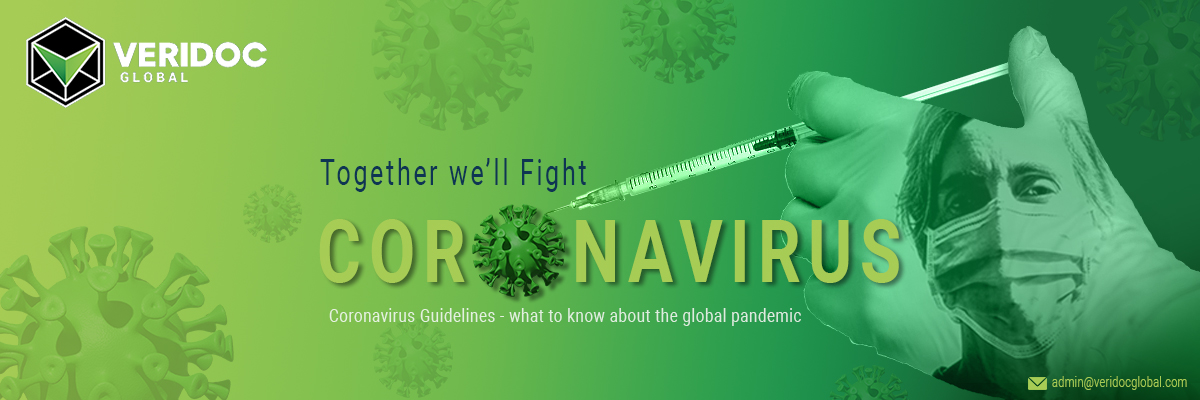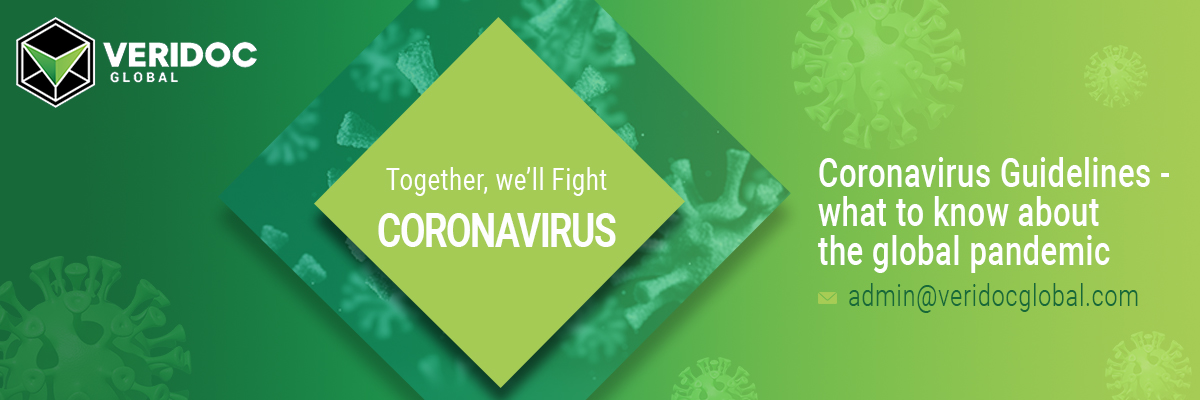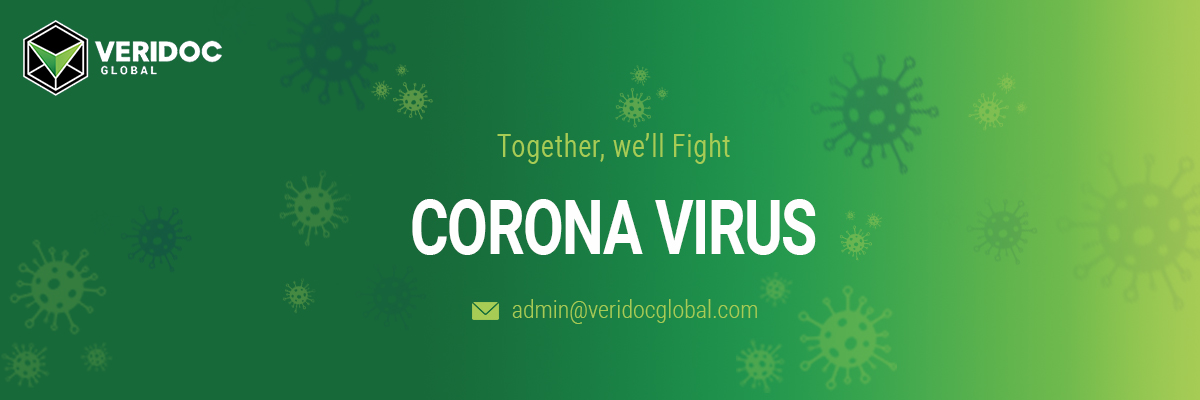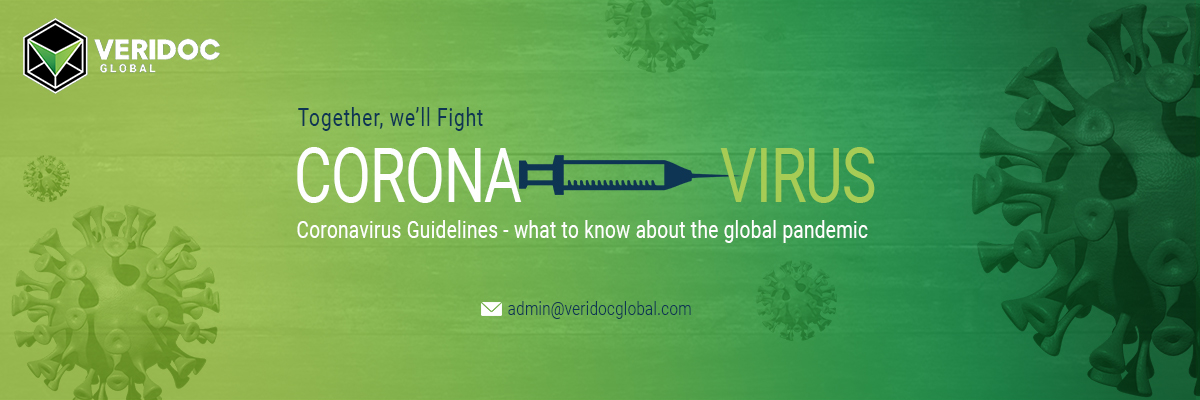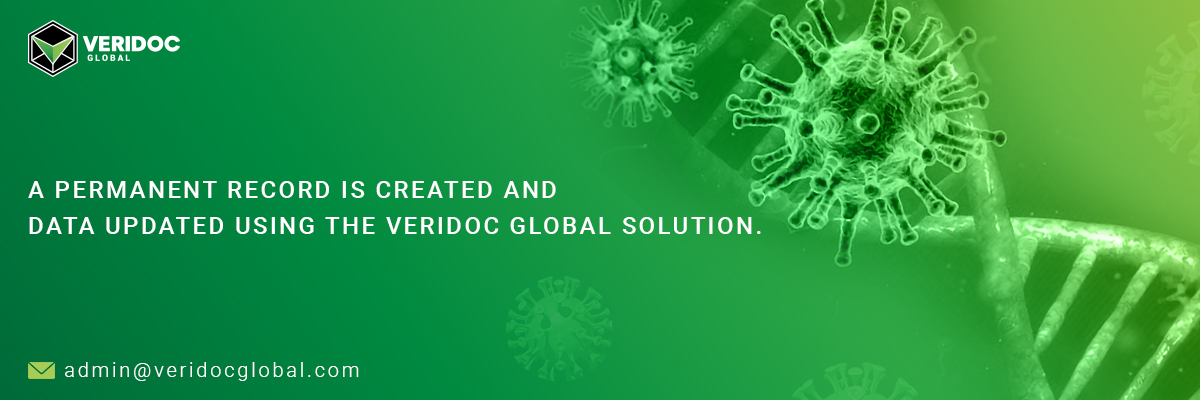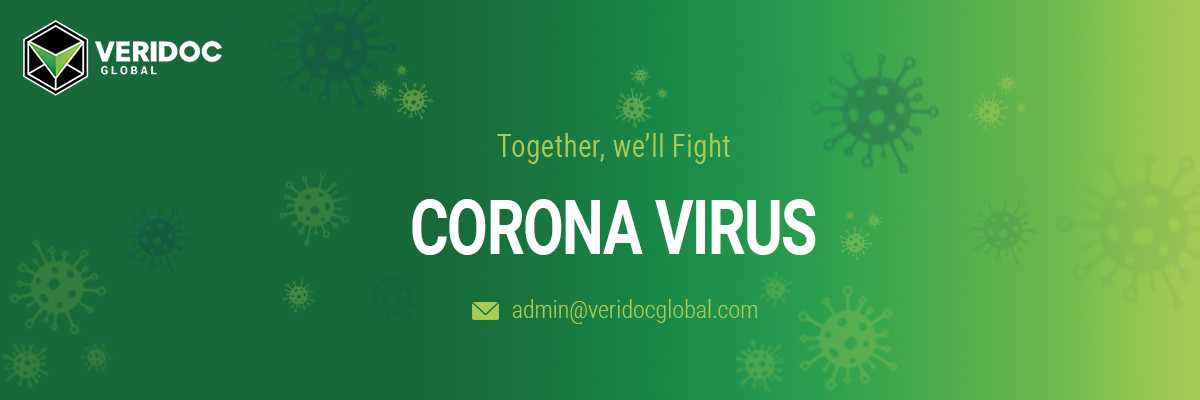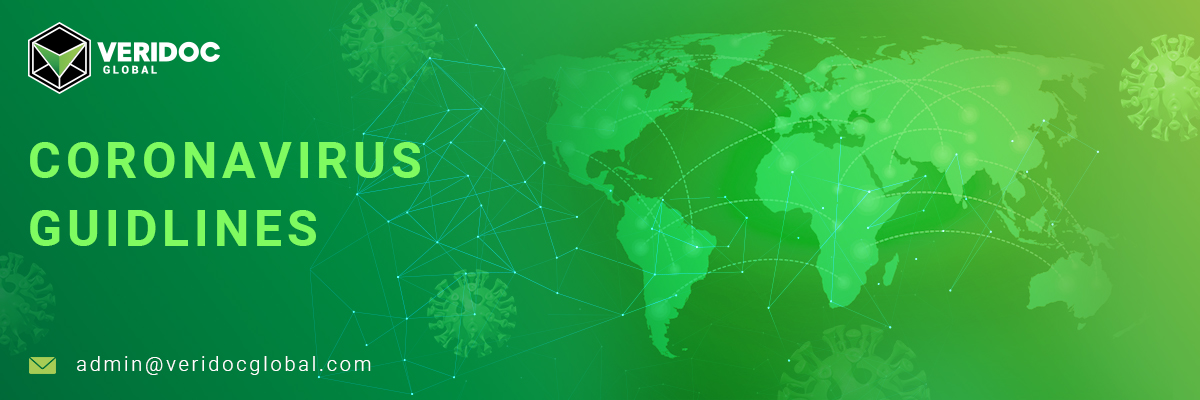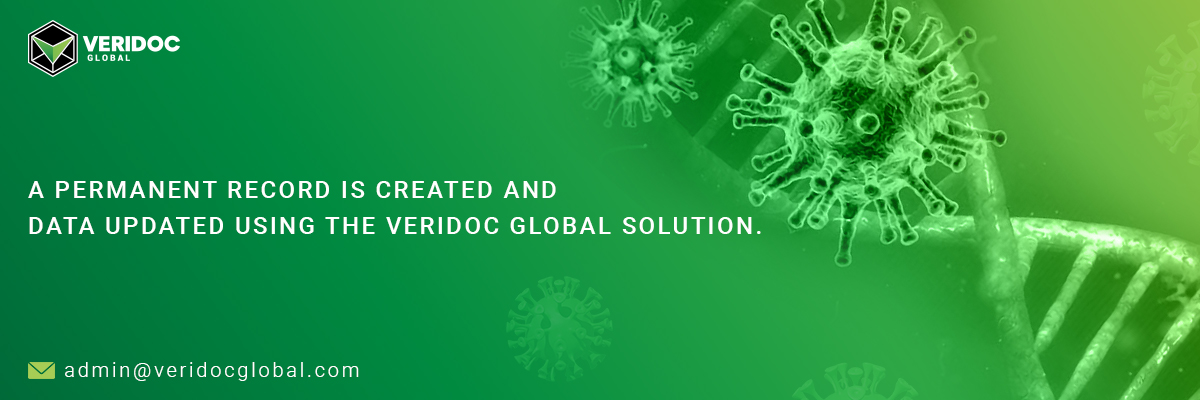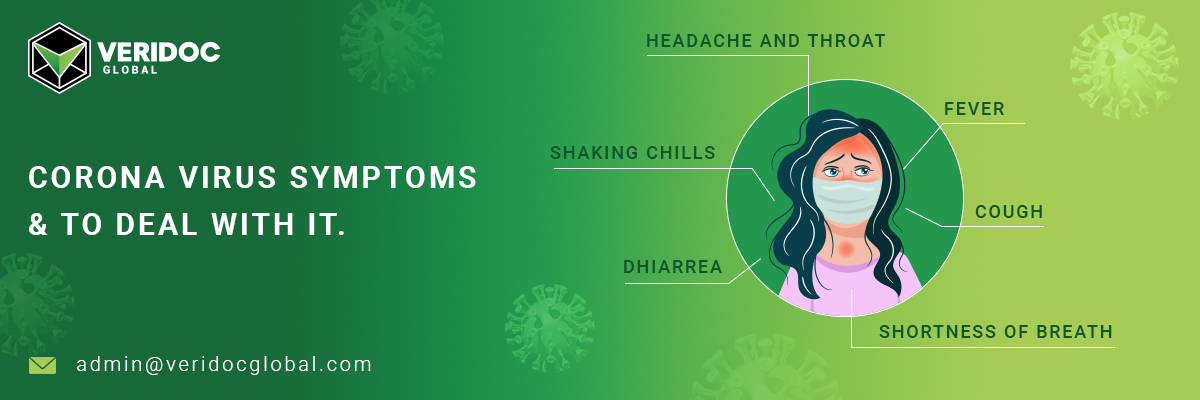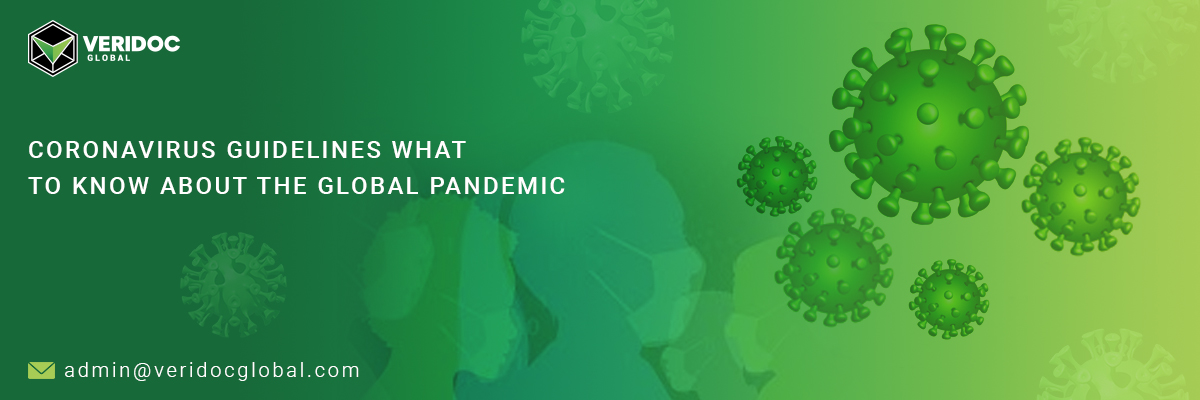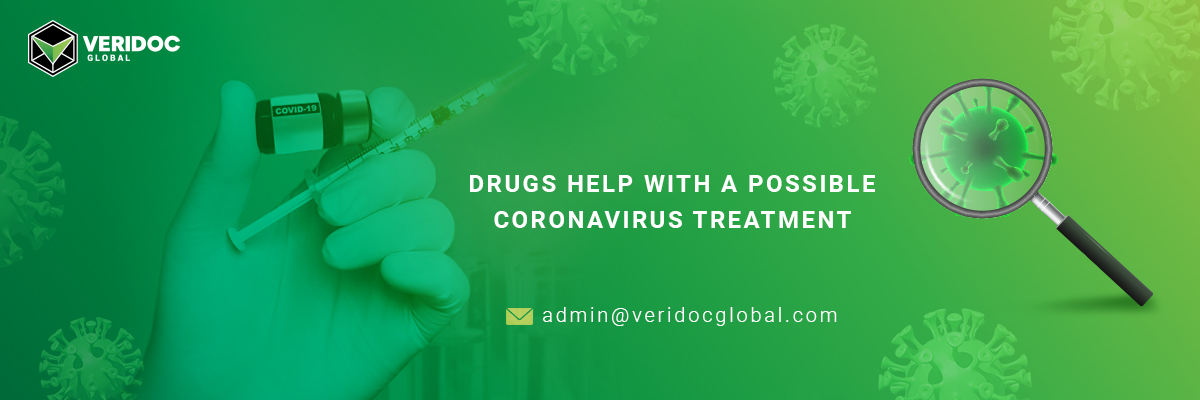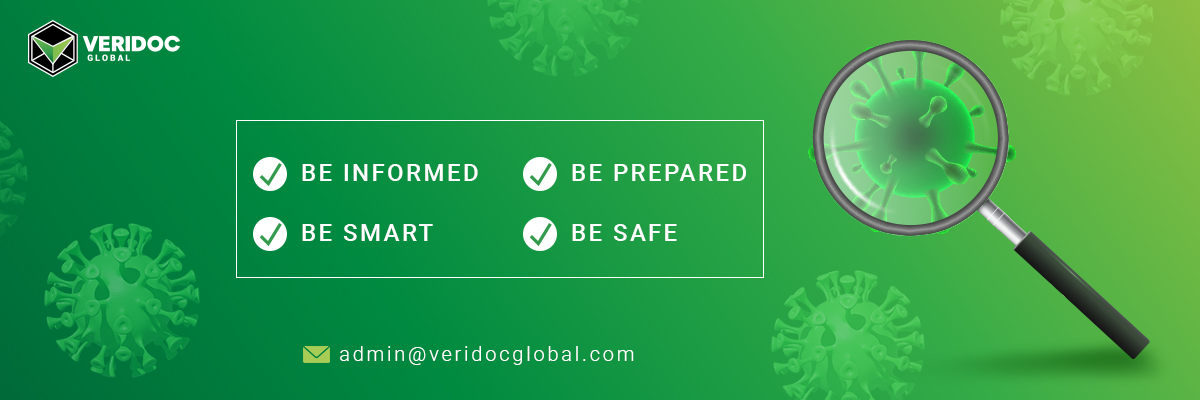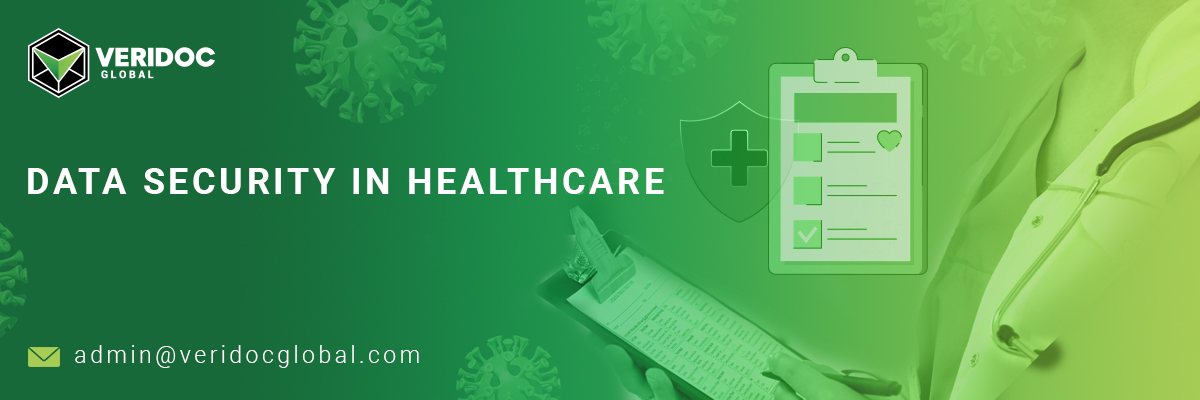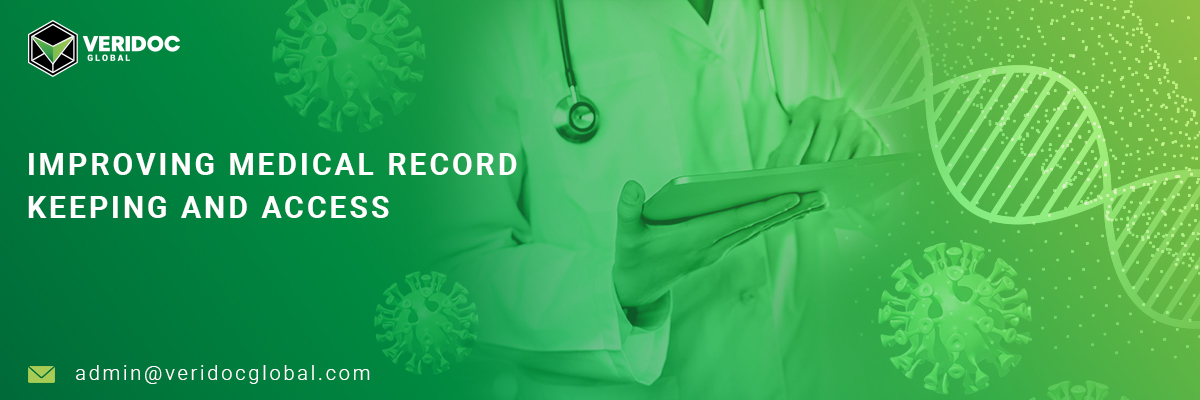Blockchain technologies have been pretty prevalent over the last few years, and their popularity has been boosted by the COVID-19 pandemic.
A Single Point of Truth
The traceability feature of blockchain provides several persuasive cases of usage, especially in the sense of a crisis such as COVID-19; specifically, in this case, the ability to provide a single point of truth in monitoring contributions, drugs, and, most notably, medical supplies. COVID-19 creates a large number of data points, which lets us fulfill one of the main needs at the moment: the opportunity to accept, exchange which transmit data.
If employed in a facility, operating as a first responder or employed with a government agency, providing a common focal point that organizes and quantifies the necessary data increases performance, but can be converted into saving lives in the COVID-19 setting.
Patient Partners
If the future evolves from existing circumstances, blockchain technology is projected to play a greater role in the day-to-day healthcare sector through the idea of a patient passport.
Using COVID-19 as an example, via a digital passport program, alarm alerts may be provided whenever, for example, a person approached a region with an elevated concentration of contaminated patients.
A patient passport may provide other practical advantages, such as a substantial reduction in the documentation, the right to alert emergency responders about pre-existing illnesses, improved data collection capacity, and maybe even future cash incentives for the exchange of medical data.
Fight Against Counterfeit Medicine
It is even more critical than ever for patients to have full trust in the quality of the medicines/vaccines they are obtaining. Blockchain technologies may aid by monitoring the drug from source to user, allowing the customer the trust that the medication/vaccine in their hands has not expired and is not fraudulent.
Utilizing Blockchain to Help Bring About a Vaccine
Blockchain is built on the main point of truth concept; blockchain technology will be the core point where organizations will exchange evidence, test reports, principles, and ideas. Rather of a fragmented siloed world with a variety of agencies and organizations operating separately to produce a vaccine, blockchain technology will be a focal point that puts together greater efficiencies and improved exchange of vital knowledge on the road to vaccine development.
The strength of blockchain is the potential to exchange data without revealing sensitive details because it is meant to do so. When we battle this pandemic, we advise policymakers to pursue the models of Rapid Medical Parts, MiPasa, Tymlex, and Civitas: develop blockchain systems that collect and protect data that our decision-makers require without eroding our democratic principles.
